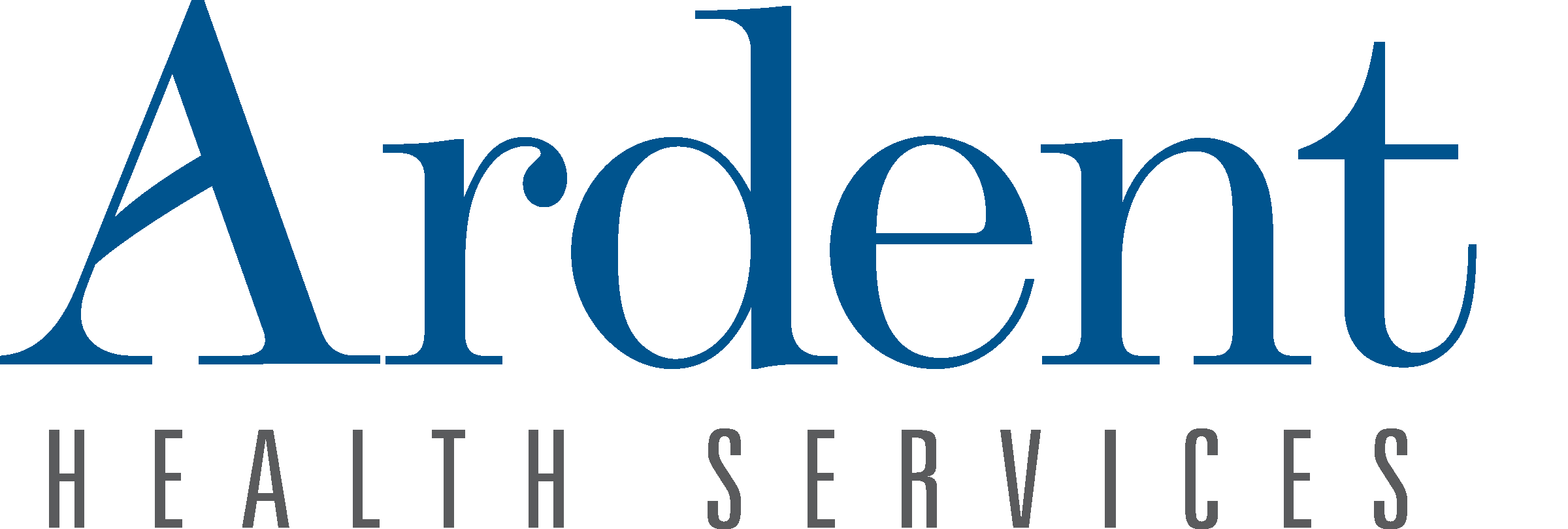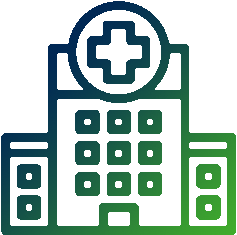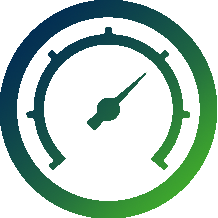Patients and health systems deserve clinicians thriving and operating at their best.
A New Kind of Clinical Decision Support System
EvidenceCare's clinical decision support platform is EHR-agnostic and content-agnostic with a focus on empowering better care decisions and improving hospital margins.
Doctors don’t need more invasive technology.
They need the right information at the right time.
Our products are designed with our end-users in mind for optimized clinical workflows.

Trusted by Top Health Systems






Clinical Decision Support
Despite healthcare costs being high in the US, the quality rating has been decreasing. As per the 2022 Health and Healthcare survey by Gallup, the rating for healthcare quality reduced by 2% from 2021.
Considering the demand for quality care is rising, this presents a great opportunity for clinicians that can deliver the same. Leveraging clinical decision support systems (CDSS) is a great way to achieve this. Before going into the benefits such solutions offer, it’s important to understand what is clinical decision support.
CDSS are computer programs that analyze data and provide prompts for healthcare providers, thus enhancing decision-making and quality of care. They provide measurable value by utilizing various data types to provide real-time actionable insights. The best CDSS is also integrated within electronic health records (EHRs).
As a result, many practices are adopting clinical decision support systems. According to data, the global market size of clinical decision support systems is approximately $4.9 billion, and the demand is rising.
A CDSS will bring numerous benefits to your practice, from reduced errors to enhanced patient and provider satisfaction. To ensure they positively impact healthcare, such solutions must comply with strict regulations from bodies such as CMS and acts such as HIPAA.
Now that you know what CDSS in healthcare, let’s take a look at how it can impact your hospital.
Types of Clinical Decision Support Systems
While using computers and artificial intelligence to make medical decisions may seem novel, it’s not so. Such tools have existed since the 1970s after MYCIN, the first CDS tool, was developed at Stanford University. It relied on an AI model to recommend courses of treatment for infectious diseases based on 600 rules.
While it was effective, it was not put into practice due to a combination of legal and ethical issues coupled with slow speed. Since then, the idea of a computer serving as a medical expert is more acceptable, and the technology behind CDSS is more advanced.
Here are some broad clinical decision support system examples:
1. Knowledge-Based CDSS
As the name suggests, this type of CDSS relies on an existing knowledge center and built-in logic to determine appropriate medical solutions. To streamline the process, every data is structured using if-then rules.
These CDSS solutions have an inference engine that combines evidence-based rules with the patient’s current condition and medical history. It then gives feedback via alerts, diagnostic suggestions, reminders, and a series of ranked treatment options and possible solutions for medical experts to consider.
2. Non-knowledge-based CDSS
Unlike knowledge-based solutions, this type of CDSS does not rely on a set knowledge base and predefined rules. Instead, non-knowledge-based CDSS use machine learning models, allowing them to learn from past experiences and use historical data to identify patterns.
Within this CDSS type, there are two main techniques you can use:
-
-
- Genetic algorithms (GA): Based on Charles Darwin’s theory of natural selection, this technique produces numerous random solutions evaluating them iteratively until it finds the most suitable solution.
- Artificial neural networks (ANN): This technique mimics how the human brain works. It uses a set of neurons linked with weighted connections that function like synapses allowing signals to be transmitted across the neural network.
-
Due to their capabilities, ANNs offer greater value in aiding medical decision-making and cost reduction. However, they require a time-consuming training process and intensive computing capabilities, limiting their current adoption.
Benefits of Clinical Decision Support
Clinical decision support systems are increasingly becoming indispensable tools in the healthcare sector. Even still, before investing in them, you should understand clinical decision support system advantages and disadvantages.
Here are some of the clinical decision support system benefits:
1. Improved Decision-Making and Time Efficiency
Determining the appropriate course of treatment greatly hinges on understanding the symptoms the patient is presenting and drawing further insight from their medical history. Depending on the situation, such decisions often need to be made instantly.
This is where CDSS solutions come into play. With access to the patient’s medical history, the latest medical literature, and best practices, your physicians will have real-time evidence-based recommendations. Along with enhancing their decision-making, it also eliminates cognitive biases and clinical variation, thus improving patient outcomes.
Moreover, delivering information at the point of care saves physicians a lot of time during consultations and treatments. Instead of searching for the information, it’ll be readily available, and the time savings can be channeled to patient care.
2. Reduced Medical Errors
While healthcare providers undergo extensive training for their jobs, they can make mistakes that have significant consequences for patients.
By providing real-time access to patient information, reminders, and alerts, CDSS play a key role in minimizing such errors. The prompts medical practitioners receive to ensure they adhere to the best practices, follow appropriate protocols, and avoid potentially harmful actions. In so doing, they enhance patient safety and quality of care.
3. Cost Savings
As mentioned, healthcare costs in the US are relatively high. This is why the push to improve healthcare quality goes hand in hand with reducing costs.
Clinical decision support tools offer data-driven insights that optimize workflows, reducing unnecessary interventions. The efficiency you gain helps drive your costs lower, something that benefits your practice and patients.
4. Improved Patient Outcomes
Top among the advantages of clinical decision support systems is improved patient outcomes. As a care provider, you’ll enjoy the evidence-backed insights you get that allow you to implement more effective treatment plans sooner.
Ultimately, better medical interventions early on will improve patient outcomes and hasten recovery.
5. Continuous Learning and Improvement
Medicine is an evolving science. Therefore, healthcare providers need to keep updated on innovations and new best practices. A key tenet of clinical decision support systems is continuous learning and improvement.
As such, CDS systems are regularly updated based on the latest medical research and guidelines. This ensures healthcare providers can consistently deliver appropriate medical interventions as they can access current data.
Challenges of Clinical Decision Support
There’s no question that a CDSS will offer your practice numerous benefits. Nonetheless, you will have to overcome the following clinical decision support system disadvantages to capitalize on it fully:
1. CDS Data Standardization
Ideally, health facilities should be able to access patient health information seamlessly for clinical decision support to be effective across the board. However, healthcare facilities use different Electronic Health Record (EHR) systems that use different data formats, coding, and terminology. In turn, compatibility across different platforms can be complex.
Therefore, regarding CDS EHR integration, data standardization is the main challenge you’ll face. Should such issues arise, healthcare providers will have difficulty accessing critical information at the point of care.
2. User Adoption and Training
While overcoming the CDS EMR integration challenge is a great leap, it’s not enough to guarantee you’ll get positive results from your CDS solution. Another barrier you must overcome is user buy-in and adoption.
The healthcare providers you expect to use the system must be willing to embrace new technologies. Considering that some may be accustomed to traditional decision-making methods or complexity of the system may pose a challenge, it’s important to get them on board first.
Once you do, offer comprehensive training programs and ongoing support to ease user adoption.
3. CDS Hooks
Integrating EHR systems with external CDS solutions is vital for successful clinical decision support across the healthcare ecosystem. To facilitate this, CDS Hooks is a new industry standard. However, implementing CDS Hooks requires technical expertise and experience with SMART on FHIR for smooth data standardization and successful integration of CDS software within the existing healthcare infrastructure.
4. Information Overload
CDS systems are designed to deliver evidence-based recommendations and insights to healthcare providers. However, presenting too much information at once can lead to information overload, causing cognitive fatigue and potentially impacting decision-making.
Striking the right balance in the amount and format of information presented by CDS tools is essential to avoid overwhelming healthcare providers and ensure they can efficiently process and act upon the data provided.
Clinical Decision Support Tool: Revolutionizing Healthcare Delivery
As the market for CDS solutions grows, there are numerous clinical decision support companies to choose from. While this is a good thing, it also makes it more challenging to find clinical decision support applications that best suit your needs.
In this regard, EvidenceCare’s Clinical Decision Support System is an ideal choice. With numerous healthcare providers labeling it a game-changer with its intuitive, thoughtful design, it can offer you the following benefits:
-
- Margin-improving CDS: The adoption of EvidenceCare’s top CDS tools – AdmissionCare and CareGauge – have proven to improve margins for hospitals and empower better care decisions
- Efficient Care Pathways: This CDS tool offers predefined care pathways based on evidence-backed protocols, enabling your caregivers to follow standardized, effective treatment plans
- Integrated Care Delivery: EvidenceCare’s platform integrates seamlessly with leading EHR systems like Epic and Cerner, ensuring easy access to essential information at the point of care
- Customization Options: You can tailor this tool to fit the specific needs of your EMR system, maximizing user adoption
- Continuous Improvement: Regular updates and enhancements to the CDS tools keep it aligned with the latest medical research and guidelines, ensuring providers have access to the most current information
- Data-Driven Insights: The platform captures valuable data on clinical decision-making, enabling healthcare organizations to analyze trends and optimize care delivery.
By combining cutting-edge technology with evidence-based practices, EvidenceCare’s Clinical Decision Support Software will empower your healthcare providers to deliver high-quality, patient-centric care while driving operational efficiencies.
Schedule a demo today to enhance healthcare quality and patient outcomes by leveraging clinical decision support.







